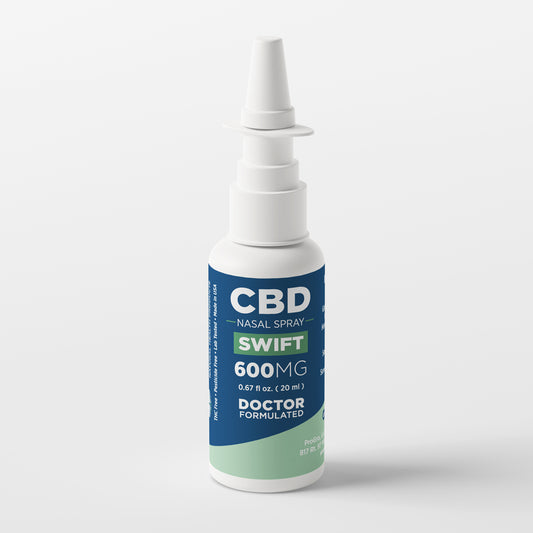What are CBG and CBD, and where do they come from?
Cannabigerol (CBG) and Cannabidiol (CBD) are both cannabinoids, compounds naturally occurring in cannabis plants. They are extracted from both hemp and cannabis plants and then often processed into products like CBG oil or CBD oil. While CBD derived from hemp plants has become well-known in recent years for its potential therapeutic properties, CBG is less common and is typically present in lower concentrations in most cannabis plant strains.
What are the potential health benefits of CBG and CBD?
Both CBG and CBD have been studied for their potential health benefits. CBG is less studied due to its rarity, but preliminary research, including studies on experimental inflammatory bowel disease, has suggested potential CBG benefits. It's important to note that while both CBD and CBG show promise, more research is needed to fully understand their effects and efficacy.
How does the human body process CBG and CBD?
CBG and CBD interact with the body's endocannabinoid system, a complex cell-signaling system that plays an important role in regulating a variety of functions and processes, such as sleep, mood, appetite, and memory. Both CBD and CBG can influence the system by interacting with its cannabinoid receptors. However, they don't have the same interactions. While both cannabinoids can interact with CB2 receptors, CBD has a low affinity for CB1 receptors, unlike THC, which binds directly with CB1 receptors and causes psychoactive effects. CBG, on the other hand, is thought to have a more direct interaction with CB1 receptors, but with very mild psychoactive effects compared to THC.
What is the difference between CBG and CBD in terms of effects on the body?
While CBG, CBD, and other cannabinoids interact with the endocannabinoid system, they do so in different ways and can produce different effects. CBD primarily interacts indirectly with the major cannabinoid receptors, instead influencing the system by preventing the breakdown of your body's own endocannabinoids, thereby enhancing their effects. On the other hand, CBG is thought to interact more directly with the cannabinoid receptors, particularly CB1 receptors, and may have a more active role in the system's function. However, these interactions are complex and not fully understood, and both cannabinoids are still the subjects of ongoing research.
Are there any known side effects of CBG and CBD?
Like any substance, both CBD and CBG can cause side effects, although these are typically mild and may not occur in all individuals. Potential side effects of CBD can include dry mouth, fatigue, and drowsiness, while CBG is generally considered to have a good safety profile. Potential side effects could include mild feelings of euphoria and changes in appetite. Always consult with a healthcare provider before starting any new supplements or treatments.
What should I consider when choosing between CBG and CBD products?
When choosing between CBD and CBG isolate products, consider your own health goals and the existing research on both cannabinoids. Also, consider the source of the product, the method of extraction used, and whether the product has been independently tested for purity and potency. Remember, CBD is more widely researched and available, while CBG is less common and could be more expensive. It's always best to consult a healthcare professional for advice tailored to your specific circumstances.





